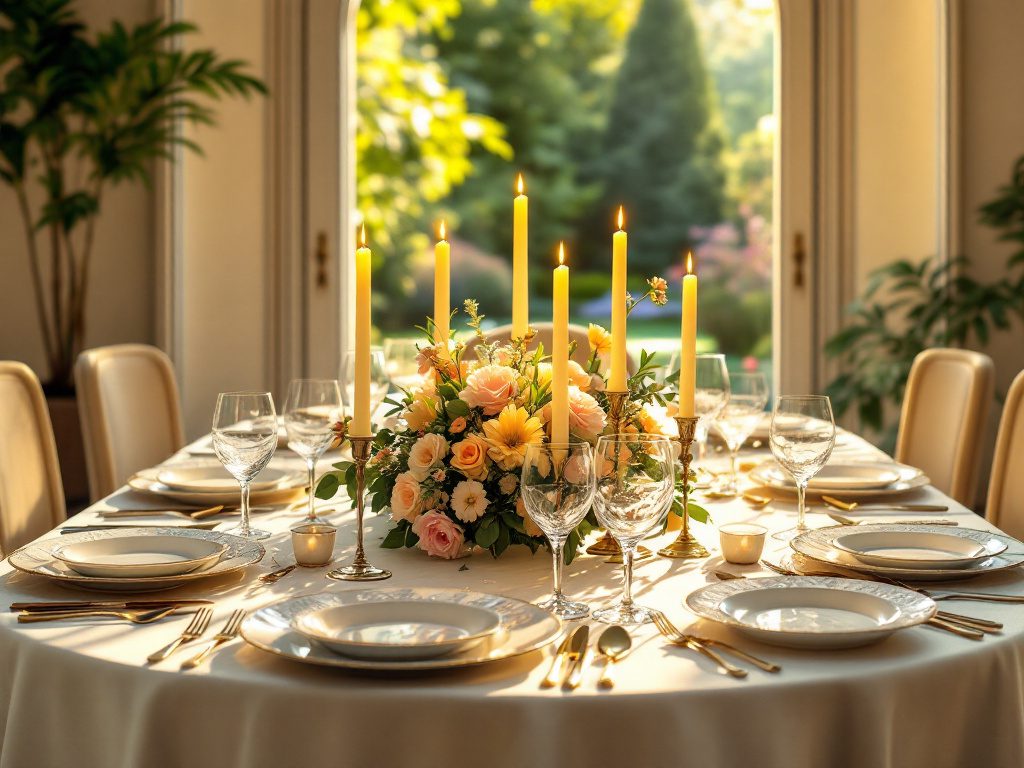The Comedy No One Wanted to Hear: Amber Ruffin and the White House Correspondents’ Dilemma
The White House Correspondents’ Dinner has long been a crucible where political power meets punchline. For decades, presidents—Republican or Democrat—have grimaced, grinned, and occasionally bristled as comedians skewered the powerful elite. This year, comedian and writer Amber Ruffin was slated to headline the storied event, only to be abruptly disinvited mere weeks beforehand. The decision, delivered by outgoing White House Correspondents’ Association (WHCA) president Eugene Daniels, pointed to the rising unease in American political discourse about who gets to make jokes—and at whose expense.
According to reporting by multiple outlets and Ruffin herself during a candid appearance on “The Late Show with Stephen Colbert,” the disinvitation followed intense internal debate. A key trigger: White House deputy chief of staff Taylor Budowich had circulated a clip in which Ruffin referred to the Trump administration as “kind of a bunch of murderers.” For a press corps ever-fearful of appearing overtly partisan—or, worse, confronting Republican ire—that proved a line too far.
The result? For the first time in recent memory, neither the President nor a high-profile comedic headliner attended. That decision, a break from tradition, drew both relief and regret from event-goers. Daniels would later describe it as “the right move.” Attendees, ever conscious of modern political fault lines, seemed resigned to a dinner free of risk but also devoid of the sharp humour that once defined the evening.
Jokes Without Sides: The Impossible Standard for Today’s Comics
What does it say about our democracy when a comic, selected expressly to roast those in power, gets ejected for doing exactly that? In her conversation with Stephen Colbert, Ruffin delivered a damning assessment: she had realized, reviewing her prepared material, that “it would have been impossible to make jokes about both sides.” The reason? False equivalency. “Some things,” as Ruffin put it, “are not the same.”
In our era of hyperpolarization, the pressure on comedians to walk a tightrope—lambasting both parties with equal vigor lest they appear biased—often does more to stifle honesty than encourage it. Progressive comics are routinely scolded for failing to perform ideological gymnastics that flatten complex realities into bland, both-sides banter. As journalist and satirist Samantha Bee once noted, “Jokes that equivocate injustice for the sake of balance don’t push the conversation forward. They anesthetize it.”
Ruffin’s spot-on observation draws on a deeper truth. False balance often places the onus on marginalized voices to treat bigotry with chuckles and extremism with winks. A closer look reveals that the reluctance of institutions like the WHCA to endorse unapologetically honest critique stems less from desire for civility, and more from anxiety about offending powerful conservatives—an anxiety sharpened by years of right-wing backlash.
This is not just theoretical. The fate of Michelle Wolf, whose 2018 routine scorched both the Trump administration and complicit members of the press, lingers as a warning. Conservative outrage led to the WHCA vowing to avoid incendiary performers in the years since, favoring safer, softer humor. HBO host John Oliver recently lamented: “When we sand down every sharp edge, we don’t elevate the debate. We euthanize it.”
“I realized that being ‘fair’ in this room was impossible—some things simply are not the same. And pretending they are does a disservice to truth.” — Amber Ruffin
With Ruffin’s blunt material on topics like systemic racism and anti-democratic rhetoric, organizers faced a choice: amplify uncomfortable truths, or opt for comfort. Their decision was clear. But was it the right move for a nation whose greatest late-night satirists—Carlin, Colbert, Stewart—have always walked the line between critique and provocation?
Canceled, Relieved, and the State of Political Satire
Tellingly, Ruffin now says she’s “glad” her invitation was rescinded. Her reasoning is both practical and profound. Reviewing her speech, Ruffin concluded that “this would have been bad”—not for her career, but for the event itself. She would not, she feared, have pleased an audience seeking either safe, bipartisan ribbing or toothless unity. Instead, she would have delivered a set that pulled no punches and made no false peace.
Her candor about the experience speaks to a larger malaise afflicting American satire. As comedian and author Baratunde Thurston puts it, “True satire holds up a mirror to power. When we ask it to play nice, we might as well turn off the lights.” That the correspondents’ dinner—once a surefire night for cutting political wit—now avoids controversy at all costs reflects how political comedy has been constrained by a rightward shift in civic culture, and by institutional fear.
Beyond that, her removal spotlights a persistent, if rarely admitted, double standard. According to a recent Pew Research Center study, Americans on the left are more likely to tolerate jokes at the expense of their own side than those on the right. The study reports 67% of self-identified Democrats believe satire should target political figures of all persuasions, compared to just 37% of Republicans. Why, then, are liberal comedians perpetually held to an impossible standard of “fairness,” while conservative outrage dictates the terms of engagement?
Amber Ruffin’s career continues undeterred—she will still co-host the upcoming CNN comedy panel “Have I Got News For You,” alongside Roy Wood Jr. and Michael Ian Black. But the episode throws new light on a critical question: Who do we want at the mic when power needs a reckoning? When artists are forced to dilute their messages and find jokes where the punchline is that everyone’s the same, the nation’s satirical tradition suffers.
The lesson from this year’s dinner is not just about one comedian’s canceled gig. It’s a cautionary tale about the shrinking space for uncompromising truth-telling in public life—and a call for progressives to defend the soul of satire. If democracy relies, in part, on a willingness to laugh at ourselves and our leaders, it also depends on the courage to face the discomfort that comes with honest critique. That’s no joke.

